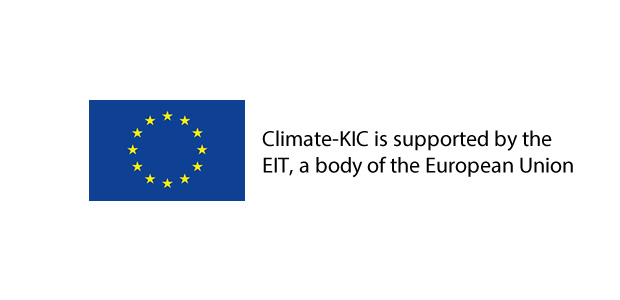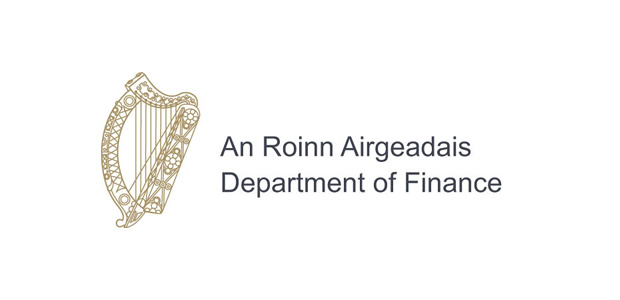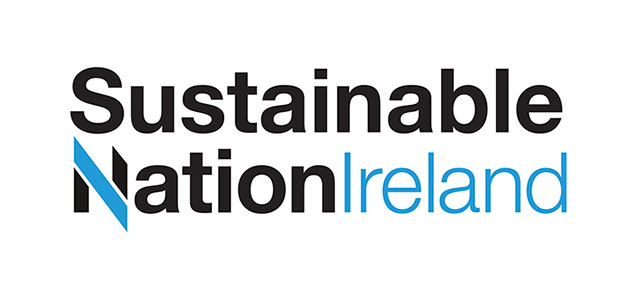Climate-KIC
Rewiring finance through climate innovation
This hub has been developed with EIT Climate-KIC to support Climate Innovation Summit 2018: Mission Finance. The event which took place in Dublin from 6 – 8 November 2018 successfully brought together innovators from across Europe who are working to mainstream climate in financial markets.























